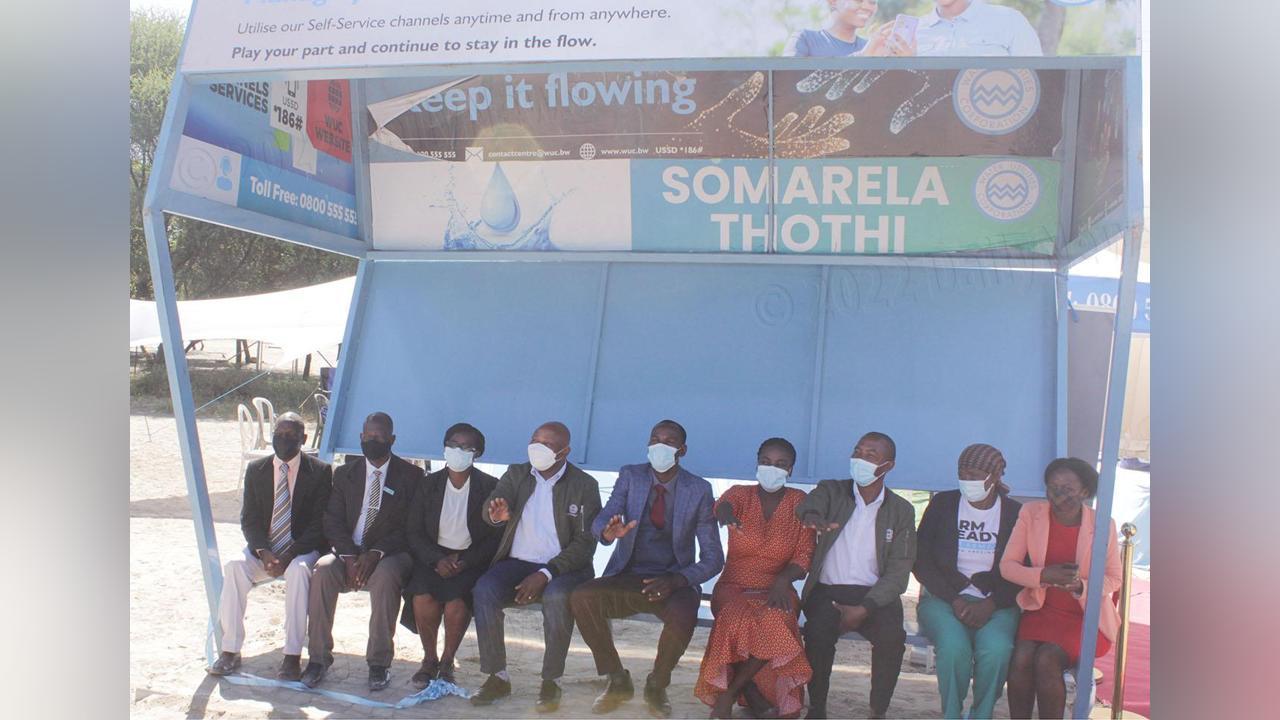Africa-Press – Botswana. Maun is experiencing water shortage following the vandalism of the main transmission line from Kunyere wellfield to the pump station.
Water Utilities Corporation (WUC) head of business, Mr Thabo Ndadi, confirmed in an interview that the village was experiencing water supply interruption due to the damaged pipeline that supplies the area with water.
Mr Ndadi said all main boreholes were offline to allow the ongoing maintenance.
To mitigate the situation, the corporation is currently supplying water through rationing because of the limited supply from Shashe wellfield.
Kunyere wellfield supplies Maun with 70 percent its water while Shashe and Sexaxa produce 30 per cent of the water.
With Thamalakane River having received the annual floods, he said, there was high expectations among residents that the water situation would improve, but the challenge was the high colour concentration.
“There is a chemical limit we have to dose to remove certain level of colour concentration,” he said.
“But with the improvement in colour levels, we anticipate to start Borolong Water Treatment Plant soon.”
The plant sources water from the river and waters some parts of Maun. Normally the corporation switches it off when the river completely dries up.
Some residents decried water shortage, saying they had been without water for weeks while some experienced limited water supply despite the arrival of the water inflows into the river.
Persistence water shortage in Maun, they said, had been experienced for many years despite the fact that the village was surrounded by surface water including that from the Thamalakane river.
They complained that the situation had affected households and a number of economic activities including those related to tourism.
Residents said they pinned their hope on the long awaited Maun Water and Sanitation Phase II project that it would provide a long term solution to water woes but the project was reported to be behind schedule.
The project aimed to improve the water supply and waste situation of Maun and the outlying villages.
It was expected to take 36 months to complete and had been packaged into four contractors, as the plan was to have all the contracts completed by October 2022 because they were so dependent on each other.
“I wish the contractors could accelerate efforts to deliver the project as we pinned our hope on to rectifying the situation,” Mr Seboko Bathobangwe of Gxhabara said. “Water situation has had a dire impact on our livelihood.”
Mr Bathobangwe said he appreciated the fact that the corporation had been trying to tackle water shortage but it looked like the situation was beyond its control.
Maun, he said, was a tourism hub and located in area where surface water was abundant and if the situation persists, it would negatively affect the tourism industry.
Mr Bathobangwe urged the contractors engaged in the Maun water project to up their game, saying the project could be a permanent solution to their water woes.
For More News And Analysis About Botswana Follow Africa-Press






